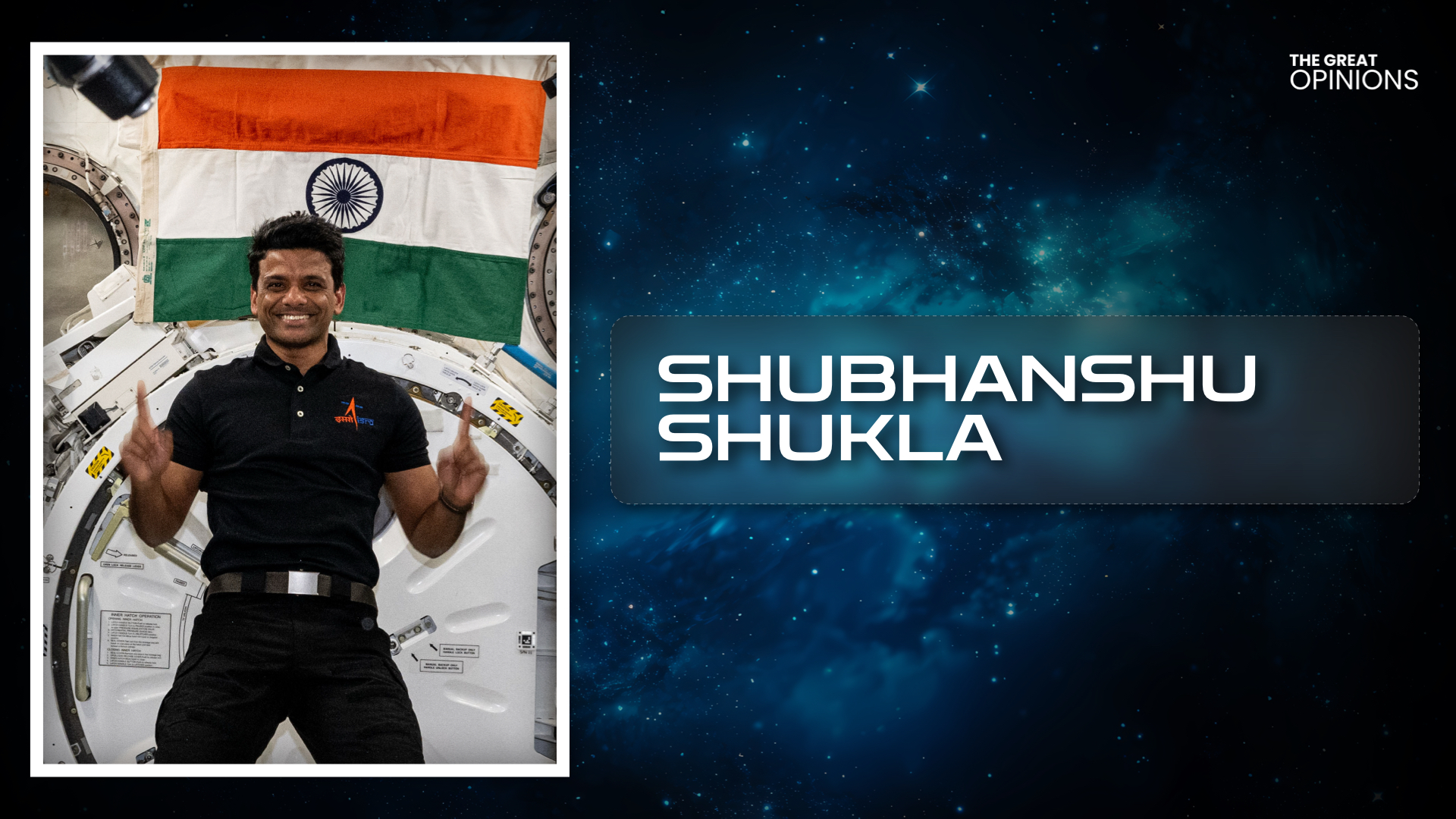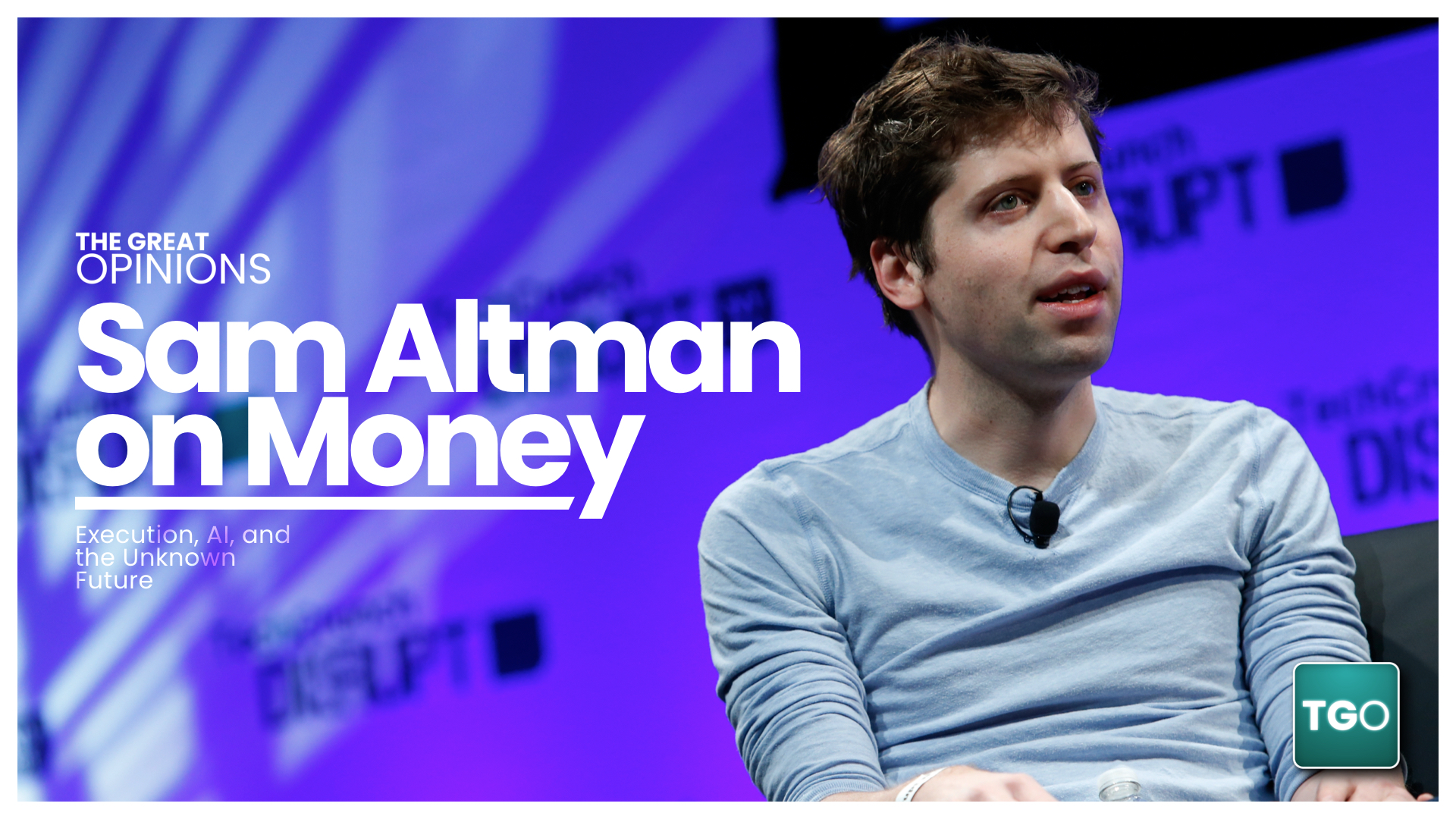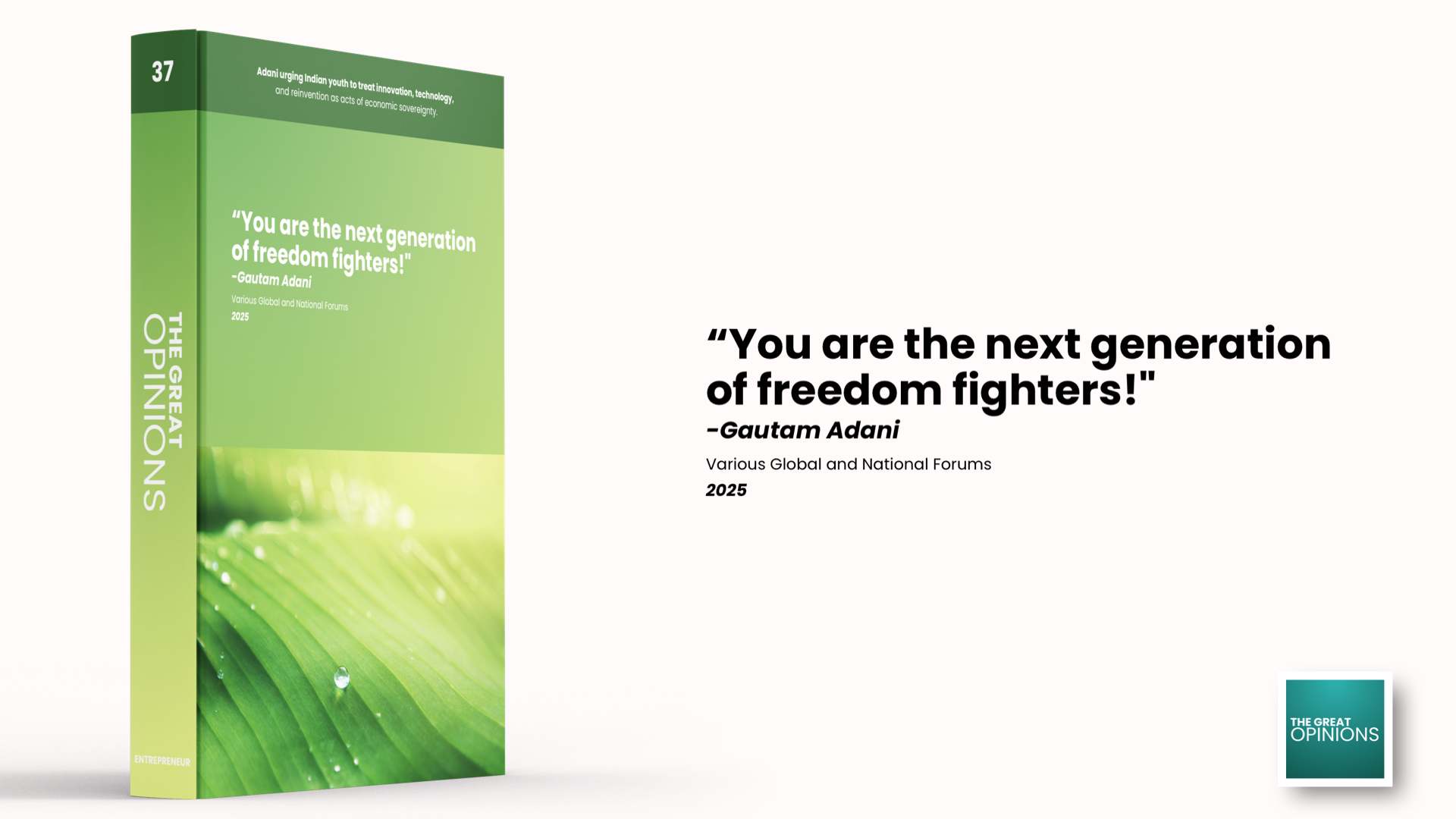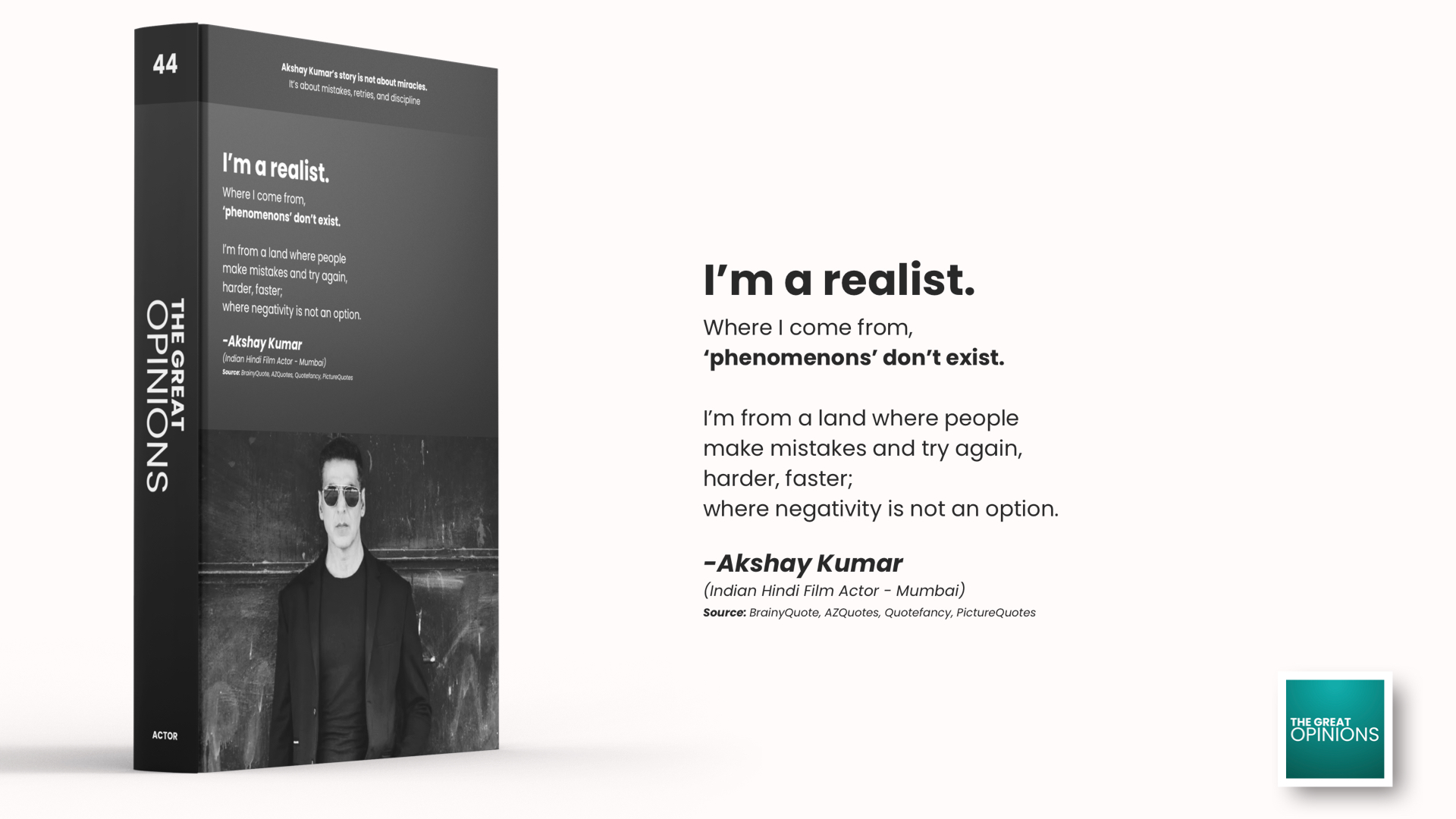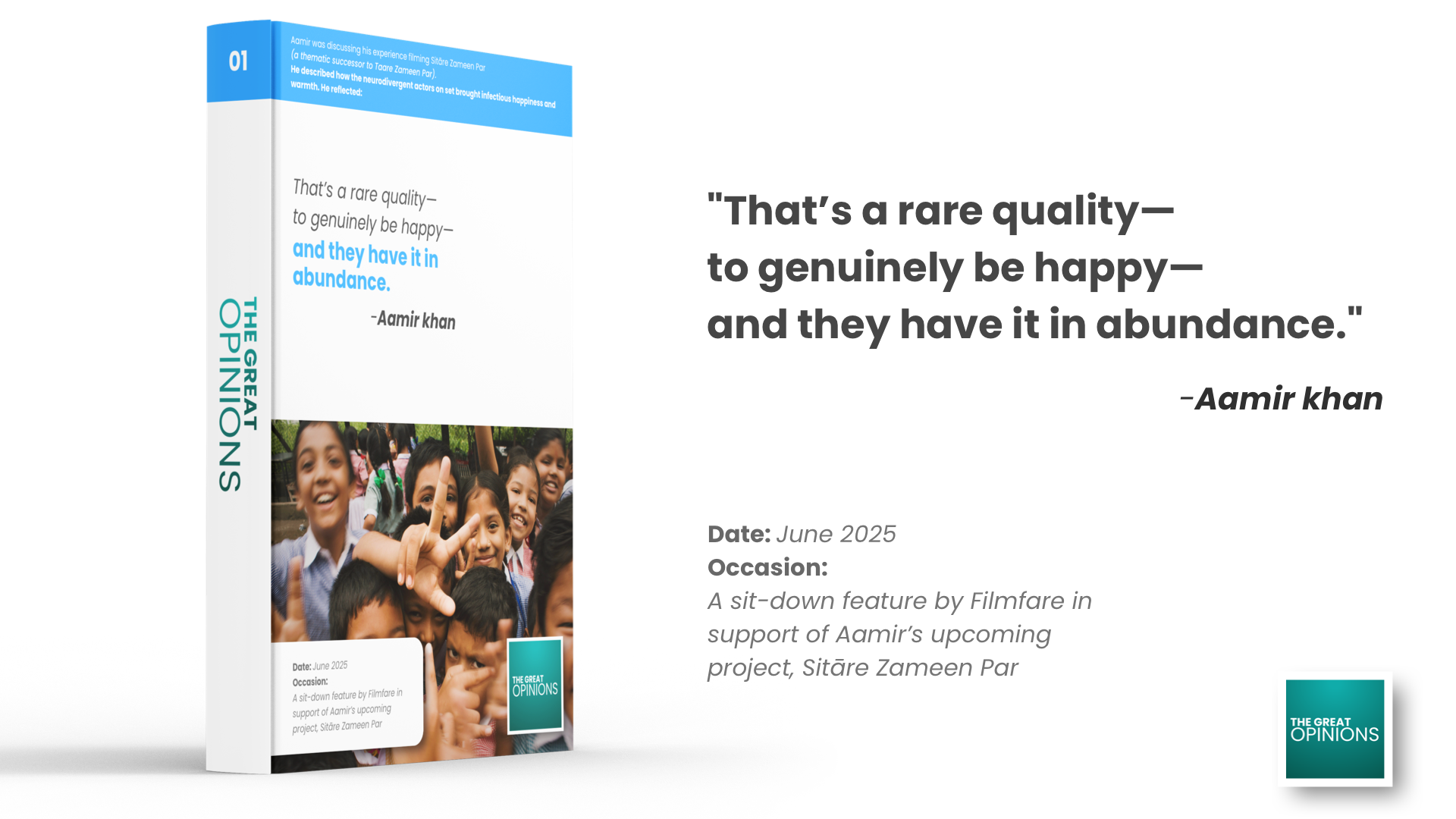Movies are a lousy business. They chew men up, spit them out, and sell the scraps as nostalgia. Most actors live like stray dogs — chasing applause, wagging their tails for producers, surviving on the bones of one lucky hit.
But every once in a while, the universe screws up. It takes a bus conductor, a man punching tickets for strangers in Bangalore heat, and instead of crushing him, it lifts him. Lifts him high enough that his face ends up on every wall, his voice ricochets in every alley, and people pour milk on his cardboard cutouts like he’s some kind of saint.
That’s Rajinikanth.
| Element | Details |
| Quote | “There’s one secret behind my victory beyond hard work. That is God’s voice!” |
| Speaker | Rajinikanth |
| Origin / Source | Speech at Coolie audio launch |
| Date & Place | August 3, 2025 – Chennai |
| Context | Rajinikanth reflecting on his decades-long career, faith, and resilience while addressing fans and filmmakers before the release of his latest movie. |
And the funny thing? He doesn’t buy his own myth. Not entirely. He stands there in 2025, wrinkles carved by time, the auditorium shaking under the weight of his name, and he says:
“There’s one secret behind my victory beyond hard work. That is God’s voice.”
It’s not the kind of line Bukowski would ever write. Bukowski would have laughed, ordered another beer, and told him gods don’t pay rent. But Rajinikanth wasn’t trying to impress drunks in Los Angeles dive bars. He was speaking to a country that sees cinema as scripture.
The truth is, Rajini’s story isn’t about faith or God. It’s about survival. It’s about crawling through the alleys of rejection, learning how to flip a cigarette like a weapon, and watching the crowd eat it up. It’s about how movies take a man and twist him until he’s no longer a man at all — just a symbol, a poster, a temple idol.
And yet, under the myth, the man still whispers to himself that it was all God’s voice. Maybe that’s how he sleeps at night. Maybe that’s how he explains the madness.
Rajinikanth was never meant to be a star. The industry didn’t want him — too dark, too raw, too strange. He didn’t look like the polished heroes. But he had something else: that wildness in the eyes, that don’t-give-a-damn energy that made you believe he could destroy an army with just a pause before a line.
The first time he hit the screen, audiences didn’t know what to make of him. He wasn’t pretty. He wasn’t graceful. But he was magnetic, like a fire you can’t look away from. Slowly, film after film, the magnetism grew into gravity. Whole theatres bent toward him.
And here’s the thing: movies are cruel. They eat actors, digest them, and move on. But Rajini flipped the table. He made movies his accomplices. He taught them new tricks — how to bend physics, how to make a cigarette lighter into a divine ritual, how to turn a punchline into a revolution.
He didn’t just act in movies. He reprogrammed them.
By the time he hit his fifties, Rajinikanth wasn’t fighting for roles. Roles were fighting for him. By his seventies, he was less a man, more a rumor. And now, in 2025, when he tells you it was God’s voice, you nod. Not because you believe in gods, but because you believe in him.
That’s the paradox. He built his empire on style, speed, swagger. But he shields it with humility, as if to say: don’t worship me, worship the invisible thing that put me here. And that humility, ironically, keeps the worship alive.
So how do you tell this story? Not with press releases or fan chants. You tell it in chapters, like you would a novel, or maybe a confession.
You start in the hall — the Coolie audio launch, where the man turned his victories into a prayer.
You go back to the bus routes of Bangalore, where movies first whispered his name.
You trace the gangster sagas that rewired Indian cinema.
You talk about the youth he never lost, the awards that finally bent to him, the failures that made him mortal.
And finally, you end where it all began — in faith, in God’s voice, in the silence between applause.
Because Rajinikanth’s life isn’t just a career. It’s a set of movies strung together — some blockbusters, some flops, some myths. And through it all, there’s a man who insists he was never the director. Just an actor, reading lines written by someone higher.
That’s the frame. That’s the reel. That’s the way we’ll walk into the chapters ahead.
Chapter 1: The Voice in the Hall
The lights dimmed inside Chennai’s grand auditorium. It wasn’t just another movie audio launch. It was an event where time itself seemed to bend. August 3, 2025, the day Rajinikanth—the man who turned movies into modern mythology—stood before a roaring crowd of fans and filmmakers.
The chants shook the walls: “Thalaivar! Thalaivar!” Phones flashed like a galaxy. Lokesh Kanagaraj, the director of Coolie, sat on stage, half-smiling at the spectacle, half-in awe that his latest film had become the host of a living legend’s sermon.
Rajinikanth leaned forward, weathered but radiant, his trademark smile disarming and familiar. And then came the words that would echo across India:
“There’s one secret behind my victory beyond hard work. That is God’s voice!”
A pause. The silence that followed was louder than the cheers before it. For here was a man who had fought illness, political storms, cinematic highs and lows, and yet attributed everything not to talent, not to discipline, not even to destiny, but to something invisible: a voice beyond his own.
Chapter 2: Movies Find a Conductor
Long before the name Rajinikanth filled movie posters, there was Shivaji Rao Gaekwad—a young man in khaki uniform, pocketing coins as a bus conductor in Bangalore.
Every ticket he punched was a beat. Every crowded bus was a rehearsal hall. His colleagues recall how he’d perform small skits during breaks, his eyes alive with mischief and energy. He was not just entertaining passengers; he was unknowingly practicing for the largest audience any Indian actor would ever command.
In the mid-1970s, he auditioned for the Madras Film Institute. The odds were stacked against him. Dark complexion, rugged features, unconventional looks—Tamil cinema of the time worshipped fair-skinned heroes with polished smiles. But when he performed a monologue, his intensity cut through prejudice. A spark had been lit.
Movies had found their unlikely prophet.
Chapter 3: The Gangster Who Changed Movies Forever

The 1990s. Tamil Nadu was already a theatre state, where politics and cinema intertwined like ancient vines. Then came Baasha (1995).
On paper, it was a gangster movie. On screen, it became scripture. When Rajinikanth, as Manikkam, revealed his past life as a dreaded don, the theatre didn’t just erupt—it combusted. Viewers shouted dialogues aloud, as though repeating sacred chants.
“Naan oru thadava sonna, nooru thadava sonna madhiri.” (If I say it once, it’s as good as saying it a hundred times.)
This wasn’t a line in a script. It became a commandment. Parents, teachers, politicians—even CEOs—quoted it. That is what Rajinikanth’s movies did: they blurred the line between reel and real, between entertainment and ethos.
Chapter 4: The Youth That Never Aged
By the 2000s, Rajinikanth was no longer a star—he was a phenomenon. Yet even as age crept in, fans searched tirelessly for “rajinikanth young images.” They wanted proof that their hero had once been ordinary, vulnerable, human.
But Rajini’s movies refused him that ordinariness. He leapt off trains, flicked cigarettes in the air, made sunglasses obey his timing. Physics was an accessory in his cinema. Audiences didn’t care if it was unrealistic. They came precisely for the impossibility.
And Rajinikanth understood something profound: in movies, youth was not a number. It was an energy. On screen, he could be timeless.
Chapter 5: When Movies Rewarded Him Back
It took decades for the establishment to catch up. Critics often dismissed him as a “mass star,” a box-office machine rather than a “serious” actor. But when he won the National Award, it wasn’t just for a role. It was a symbolic repayment.
Here was a man who had not just acted in movies but had carried Indian cinema across eras—black-and-white melodramas, 90s gangster thrillers, 2000s technicolor spectacles, and now pan-Indian blockbusters.
The award was less a recognition of craft than an acknowledgment of endurance. A nod to the fact that in India, movies are not just art—they’re arteries.
Chapter 6: Movies as Faith
Why does Rajinikanth call it God’s voice?
Because in India, faith and cinema are not parallel—they are fused. Fans don’t just watch his films; they pour milk on his cutouts as if anointing a deity. They build temples in his name. They queue at dawn not just to buy tickets but to seek blessings.
For Rajini, every hit was not just his triumph. It was divine orchestration. When his health faltered, when political forays collapsed, when critics wrote obituaries for his career, he turned to faith—and the movies always pulled him back.
Chapter 7: The Coolie Moment (2025)
By the time Coolie arrived, Lokesh Kanagaraj had already built a reputation as a director who reinvented gangster movies for a new generation. But with Rajinikanth in the lead, it wasn’t just a film release. It was a cultural checkpoint.
The audio launch became less about the soundtrack and more about the speech. His words—about God’s voice—resonated with an audience that had grown up seeing Rajini as something larger than cinema. Here was their idol, stripping the myth, showing the man. Yet paradoxically, in admitting his reliance on faith, he only deepened the myth further.
Because what is faith, if not the belief in things unseen? And what are movies, if not the projection of light on darkness?
Chapter 8: The Failures and the Phoenix
No legend is built without failures. Rajinikanth’s career has its valleys: films that flopped, political experiments that confused his fans, health scares that silenced even his loudest critics.
But unlike others, he never denied the failures. He embraced them. He would openly joke about his age, roast his directors, and laugh at himself. This humility is why his fans never abandoned him. They saw in him not just a superstar, but a survivor.
Movies gave him immortality. But humility gave him humanity.
Chapter 9: Legacy Beyond Stardom
When cinema historians of the future write about India in the 20th and 21st centuries, Rajinikanth’s name won’t just appear in movie reviews. It will appear in sociology papers, political analyses, religious studies.
Because his movies are not just films. They are social events. They dictate box-office economies, influence political narratives, even impact social behavior.
And his own words in 2025 summarized it best: it was never just hard work, never just scripts, never just fandom. It was something invisible, something divine.
Chapter 10: Movies as Modern Prayer
In the end, Rajinikanth’s story is not about stardom. It’s about surrender.
Surrender to a voice that he believes guides him. Surrender to an audience that made him immortal. Surrender to movies themselves, which took a bus conductor and made him a god of cinema.
That is why, when Rajini speaks of God’s voice, the audience doesn’t hear humility alone. They hear validation. That their devotion, their rituals, their belief in him were not misplaced.
For millions across India and beyond, movies are not escape. They are prayer. And Rajinikanth is their high priest.

Sources:
- India Today full coverage of Rajinikanth’s speech:
🔗 https://www.indiatoday.in/movies/regional-cinema/story/rajinikanth-full-speech-roasts-director-lokesh-kanagraj-self-deprecating-jones-coolie-audio-launch-2765456-2025-08-03 - Cinema Express – 10 key moments from Rajinikanth’s speech:
🔗 https://www.cinemaexpress.com/tamil/news/2025/Aug/03/10-key-moments-from-rajinikanths-speech-at-coolie-audio-launch - Times of India – Rajinikanth on disagreements, Shruti Haasan, Lokesh roast:
🔗 https://timesofindia.indiatimes.com/entertainment/tamil/movies/news/disagreement-with-sathyaraj-shruti-haasans-role-and-roasting-lokesh-kanagaraj-on-stage-all-about-rajinikanths-speech-at-the-coolie-audio-launch/articleshow/123072456.cms - Economic Times – Rajinikanth recalls breaking down as a coolie:
🔗 https://economictimes.indiatimes.com/magazines/panache/rajinikanth-once-broke-down-crying-after-former-college-mate-ridiculed-him-for-being-a-coolie-gave-me-2-rupees/articleshow/123075404.cms - Times of India – Rajinikanth says father made him work as a coolie:
🔗 https://timesofindia.indiatimes.com/entertainment/tamil/movies/news/rajinikanth-reveals-his-father-made-him-work-as-coolie-was-the-first-time-in-my-life-i-cried/articleshow/123240758.cms
Wikipedia – Coolie (soundtrack) & film references:
🔗 https://en.wikipedia.org/wiki/Coolie_(soundtrack)
